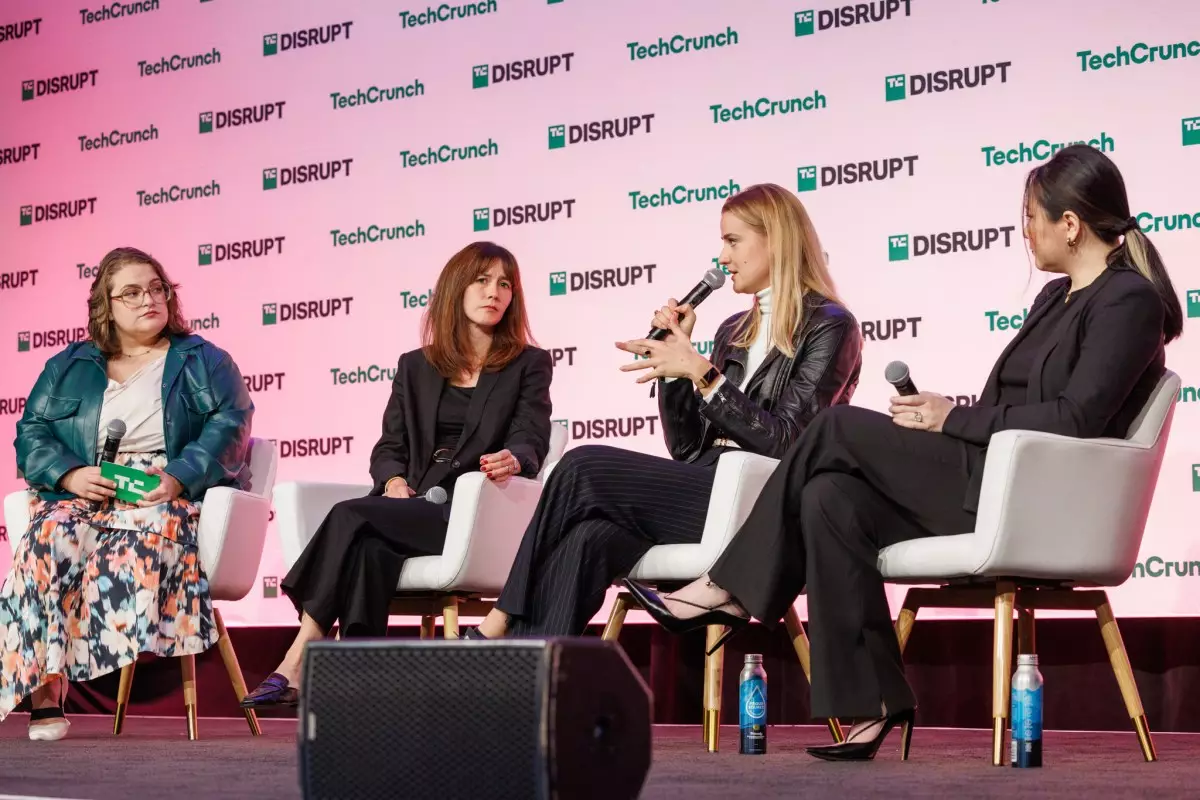Generative AI is no longer an abstract concept; it is a vibrant reality that is reshaping industries and societal norms at an unprecedented pace. With advances in technology leading to increased speed, accessibility, and sophistication, the potential for misuse looms large. As more individuals and organizations gain access to cutting-edge tools, the ethical implications of these innovations necessitate urgent and thoughtful examination. We must ask ourselves: Are we equipped to handle the consequences of this rapidly evolving landscape?
Voices of Authority: Insights from the Experts
The upcoming TechCrunch Sessions: AI at UC Berkeley is set to feature titans of the industry, Artemis Seaford and Ion Stoica, who will pioneer discussions around the ethical implications of artificial intelligence. Artemis, the Head of AI Safety at ElevenLabs, possesses a unique combination of academic rigor and hands-on experience in media authenticity and abuse prevention. Her extensive background includes pivotal roles at noteworthy organizations such as OpenAI and Meta. During her segment, attendees can expect robust insights into the mechanics of deepfakes and the emerging risks they present, along with a critical evaluation of current interventions making strides toward safety.
Ion Stoica, co-founder of Databricks and a leading professor at UC Berkeley, complements this dialogue with a comprehensive systems perspective. His contributions to influential technologies like Spark and Ray underscore his commitment to responsible scaling within the field of AI. As he presents his viewpoint, we can anticipate an exploration of the infrastructural challenges and ethical dilemmas that the tech industry must navigate. Together, Artemis and Ion will provide attendees with critical insights into the blind spots of today’s development cycles, illustrating the profound urgency of embedding ethical considerations into the heart of AI architecture.
The Collective Responsibility of Stakeholders
The ethical discourse surrounding AI is a collaborative endeavor that involves multiple stakeholders, including industry players, academics, and regulatory bodies. This multifaceted approach highlights the need for open dialogue, where technologists and researchers converge to address the moral quandaries posed by AI advancements. As we witness the growing intersection of technology and ethics, it becomes increasingly vital for all parties involved to proactively engage in shaping the future landscape of AI. The discussions at the TechCrunch Sessions serve as a microcosm of this effort, showcasing the importance of networking and knowledge sharing among the brightest minds in the field.
Staying Ahead in a Rapidly Changing World
In an era where technological innovations often outpace ethical regulations, attending gatherings like the TechCrunch Sessions is essential for anyone invested in the future of AI. Not only do these forums provide crucial insights and actionable strategies for compliance, but they also serve as platforms for fostering collaboration and cross-pollination of ideas. With many experts, from OpenAI to Google Cloud, in attendance, participants will have the invaluable opportunity to connect with leading figures in the field, facilitating growth and understanding that transcend conventional boundaries.
As we progress deeper into the realm of AI, the call to action is clear: we must embrace the responsibility of ethical stewardship while forging ahead with innovation. The tools are evolving rapidly, and our ethical frameworks must reflect that dynamism to ensure the safe and responsible growth of artificial intelligence. Initiatives like the TechCrunch Sessions can be pivotal in equipping us with the knowledge needed to navigate this complex landscape effectively.

